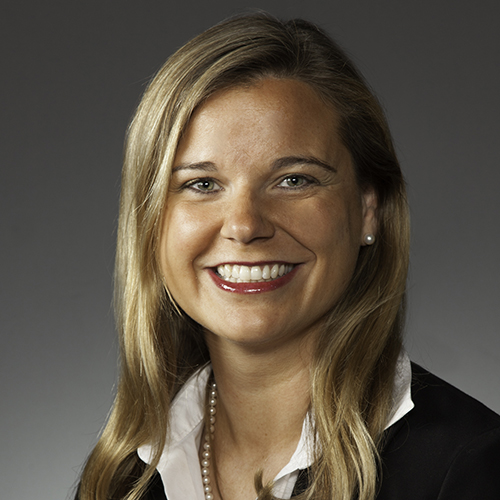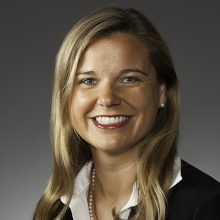Health and Elder Law Clinic Integrates Interdisciplinary Subjects Like No Other
Professors JoNel Newman and Melissa Swain teach a unique clinic at the University of Miami Law School that integrates legal, medical, and social work to help students learn better patient/client advocacy skills. Students from both the law school and medical school are cross-trained in each other's disciplines, bringing the two professions together through real and mock situations and simulating the realities outside the classroom.
The Health and Elder Law Medical Legal Partnership highlights the challenges that attorneys face in the real world, and it was enlightening to sit in on a mock immigration hearing with real client participation. The client had HIV, psoriasis, and several other health issues where social security benefits and immigration status were of dire need. Difficulties arose with the language barrier between the client and the student lawyer; the translator mis-conveyed certain medical terms and legal terms. However, the exercise provided instant feedback from students who had prepared for the same type of hearing before, helping the student lawyer hone his skills for the real thing. This kind of insider help can only be shared through experience and experiential teaching.
After sitting in on the mock immigration hearing and attending clinical rounds at the Veterans' Administration Hospital, I gained a better appreciation of the benefits of interdisciplinary teaching for both law and medical students. They learned from one another and through their immersion in very different environments. In fact, afterward, it was hard to believe that these professional schools educate their students independent of this kind of cross-training.
Overall, attending the clinic was an eye-opening opportunity and I left exhilarated, knowing that this experience is producing new attorneys and doctors that are better equipped to assist their clients and patients—and clients and patients get medical treatment and justice.
Dr. Olsen said in his interview:
Physicians have a hard time understanding the way lawyers are trained and how they think, and this is a fantastic opportunity to watch them develop and learn [about] the other side, how they think, how they perceive, and how they can adjust.
Dr. Caralis followed with:
Primarily, [there is a] fear factor and [a] perspective that physicians have an adversarial relationship with lawyers, and yet we both have roots in advocacy for our patients and our clients. And so it's really teaching the skill-set of working in an interdisciplinary manner to try and achieve a goal for the patient and take care of their health needs and certainly to address the legal-social issues that impact on those health needs.
The students I interviewed were also appreciative of this exposure to interdisciplinary subjects because they realize that clients come to attorneys with problems comprised of more than just one issue. One recent graduate, Kathryn Desire, said:
When you get out into the real world, you don't want to tell someone "Okay, I can help you with this one specific issue." A lot of the time, there will be several things that are all connected to help them, and you want to be able to do that. And so this clinic gives you that experience. I helped people with immigration issues, public benefits, and several different areas all dealing with the same problem and the same person.
The Health and Elder Law Clinic is also one of the six clinics nationwide selected to convert their materials into an online toolkit for students, clients, and other lawyers that will use software to walk students through legal matters, thereby increasing access to legal services.
Review the full Health and Elder Law Clinic course portfolio, which includes the course description, methods, outcomes, future plans, downloadable materials, and videos of interviews with the law professors that developed this clinic, medical professors, students, and footage of these unique classroom experiences.


